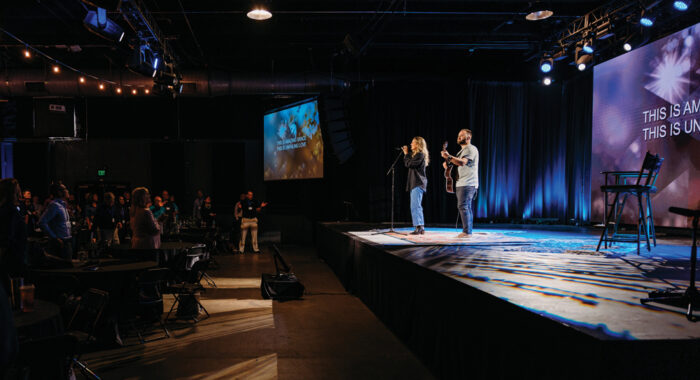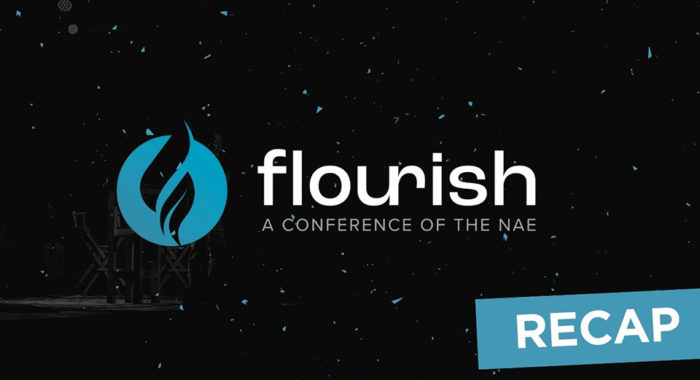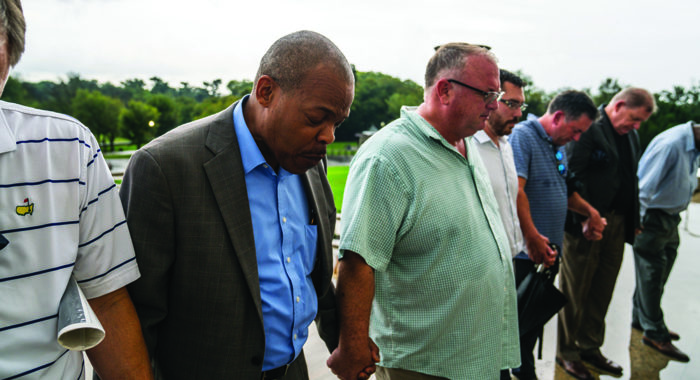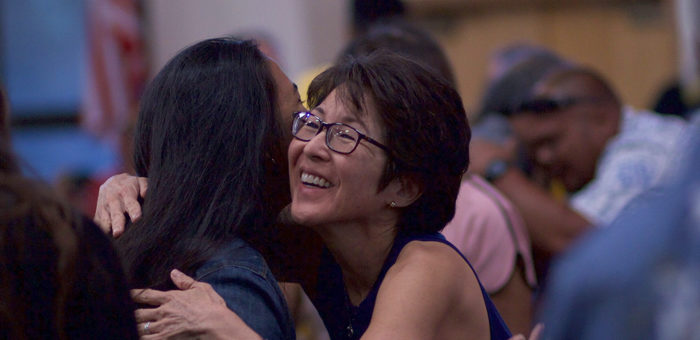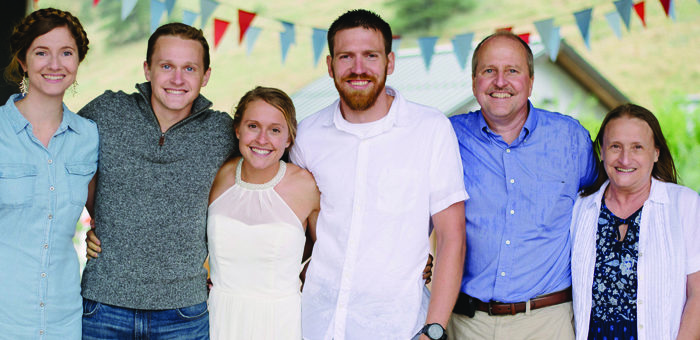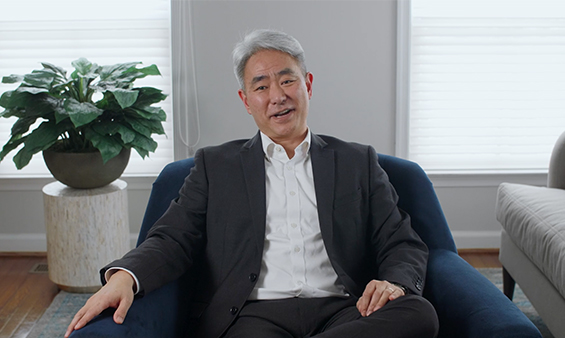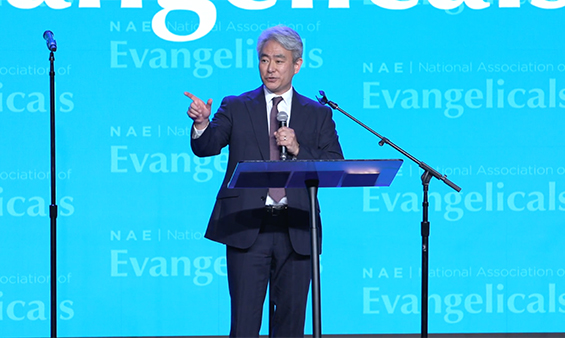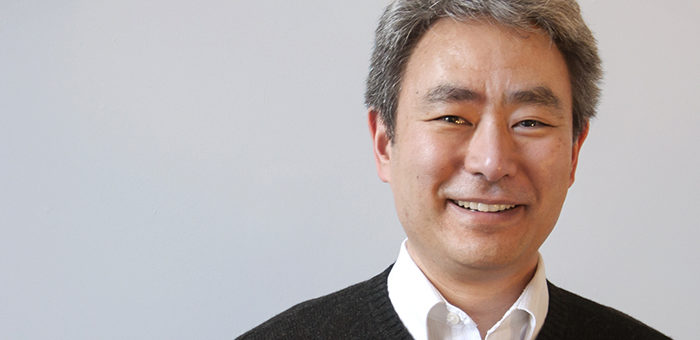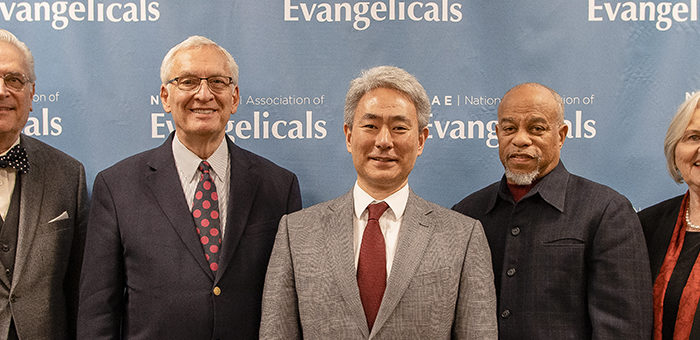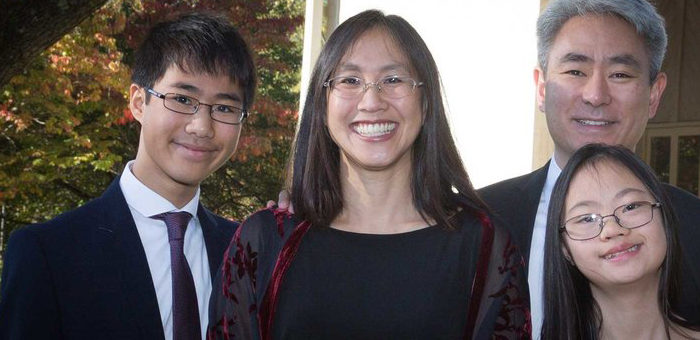At the beginning of World War II, Oxford University considered closing down. What value was education, when England needed to marshal all its might as the world stood on the precipice of destruction? C. S. Lewis delivered a message “Learning in War-time” at Oxford to address this question. He vigorously contended that “Good philosophy must exist, if for no other reason, because bad philosophy needs to be answered.” If fascism, racial superiority and technology could militarize Hitler’s ascent, then ideas clearly had consequences.
The earliest followers of Jesus understood that ideas have consequences. Those disciples could not have a casual relationship with the truth, because persecution often accompanied the gospel and faith became a matter of life and death.
The Book of Acts commends the commitment to truth: “Now the Berean Jews were of more noble character than those in Thessalonica, for they received the message with great eagerness and examined the Scriptures every day to see if what Paul said was true. As a result, many of them believed, as did also a number of prominent Greek women and many Greek men” (Acts 17:11–12).
Two things stand out to me about the Bereans’ noble character as they sought to see what was true.
First, they displayed humble curiosity in an eagerness to learn. Pursuing truth is not simply, and perhaps not even primarily, a matter of intelligence. Truth-seeking requires humility, a willingness to question ourselves and our penchant for self-justification. Sometimes, the first step of telling the truth is to point out the lies that we have believed. At times, truth will require repentance, and that is never comfortable.
Second, they were generous in spirit but discerning of mind as “they examined the Scriptures.” The particular word used for “examine” occurs elsewhere in the New Testament to describe a judicial hearing (see Luke 23:14; Acts 12:19). The Bereans inquired intensely and intentionally into the truth, undoubtedly cross-examining Paul, looking for evidence and seeking coherence.
In days often filled with a war of words or competing claims of reality, navigating complexity with biblical clarity requires the twin companions of curiosity and discernment. May the Spirit help us be people of noble character who eagerly seek what is true.
This article originally appeared in Evangelicals magazine.
Walter Kim became the president of the National Association of Evangelicals in January 2020. He previously served as a pastor at Boston’s historic Park Street Church and at churches in Vancouver, Canada and Charlottesville, Virginia, as well as a campus chaplain at Yale University. He preaches, writes and engages in collaborative leadership to connect the Bible to the intellectual and cultural issues of the day. He regularly teaches in conferences and classrooms; addresses faith concerns with elected officials and public institutions; and provides theological and cultural commentary to leading news outlets. He serves on the boards of Christianity Today and World Relief and consults with a wide range of organizations. Kim received his Ph.D. from Harvard University in Near Eastern Languages and Civilizations, his M.Div. from Regent College in Vancouver, and his B.A. from Northwestern University.




 View All Articles
View All Articles 







